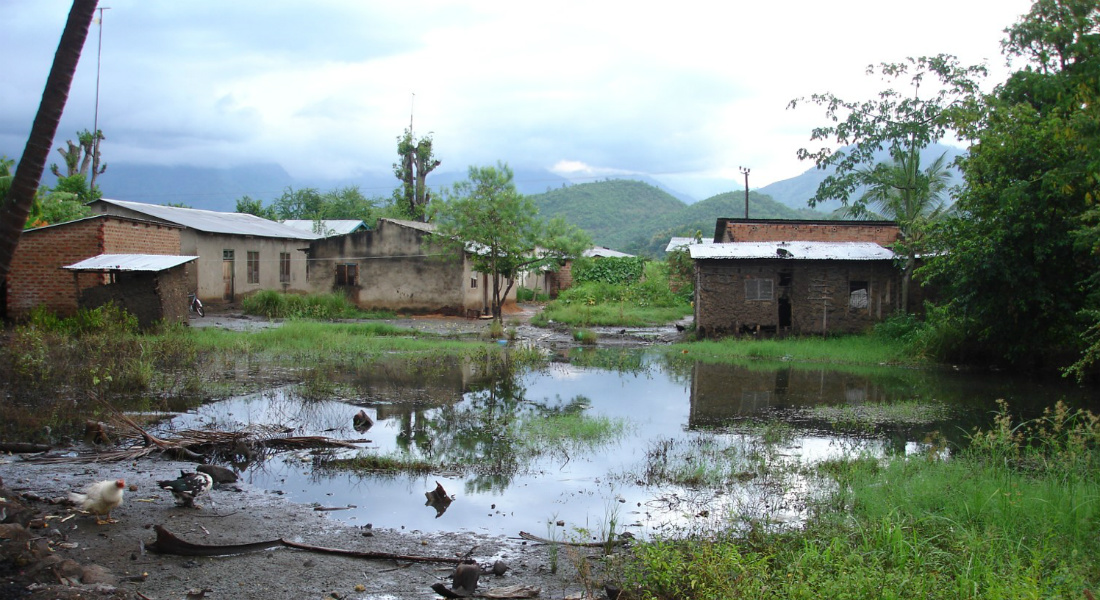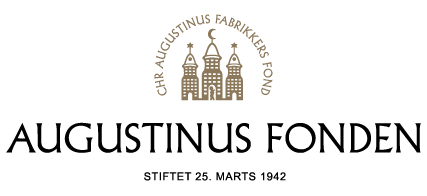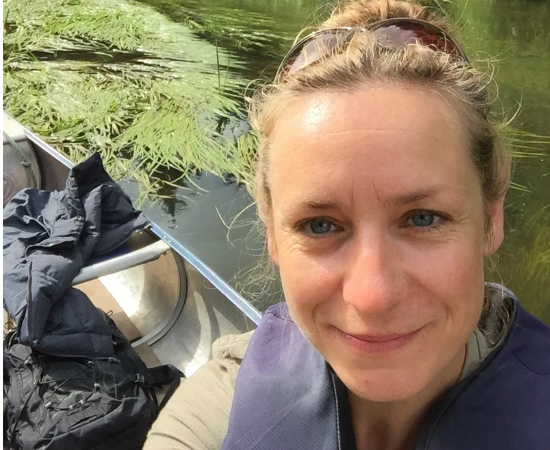Understanding vector-borne disease distributions and dynamics in the Stensgaard Group
In the Stensgaard Group we seek to understand what drives global and local patterns of vector-borne disease distributions and emergence. Focus is on quantifying the effect of climate change versus other environmental drivers with the aim to make the best possible predictions about future disease spread and trends.

What are the underlying drivers and mechanisms that shape the spatio-temporal geographical patterns of infectious diseases of humans and animals? Specifically, we work to reveal how anthropogenic changes such as climate change, biodiversity loss and habitat disruption influence the distribution, interactions and dynamics of pathogens, vectors, and other species involved in the total disease system. We have an interdisciplinary approach, combining conceptual and methodological approaches from a range of disciplines, such as macroecology, OneHealth, epidemiology, citizen science, parasitology and vector ecology. We apply the knowledge gained to develop new approaches for disease and vector detection, surveillance and prediction. For example, we develop state-of-the art Bayesian geostatistical models to identify risk factors and produce risk maps for mosquito, tick- and snail-borne diseases in Africa and Denmark. We have also developed a novel environmental DNA technique to trace parasites at low concentrations in water bodies where people are at risk of contracting disease. Finally, we conduct manipulative experiments and collect long-term field data on population dynamics of vectors and parasite populations to reveal the impacts of warming on disease dynamics.
Partners
The group is cross-institutional, and aims to build bridge between various research environments with an interest in Disease Ecology. Main partners at UCPH is the Section for Parasitology and Aquatic Diseases at the Department for Veterinary and Animal Diseases
The group is cross-institutional, and aims to build bridge between various research environments with an interest in Disease Ecology. Main partners at UCPH is the Section for Parasitology and Aquatic Diseases at the Department for Veterinary and Animal Diseases
- Stensgaard et al. 2019. Schistosomes, snails and climate change: Current trends and future expectations. Acta Tropica 190, 257-268.
- Sengupta et al. 2019. Environmental DNA for improved detection and environmental surveillance of schistosomiasis. Proceedings of the National Academy of Sciences USA 116, 8931-8940.
- Stensgaard et al., 2017. The neglected geography of human pathogens and diseases. Nature Ecology and Evolution
See full list of publications by Anna-Sofie Stensgaard
Augustinus fund

Knud Højgaards fund

Group Members
| Name | Title | Phone |
|---|

